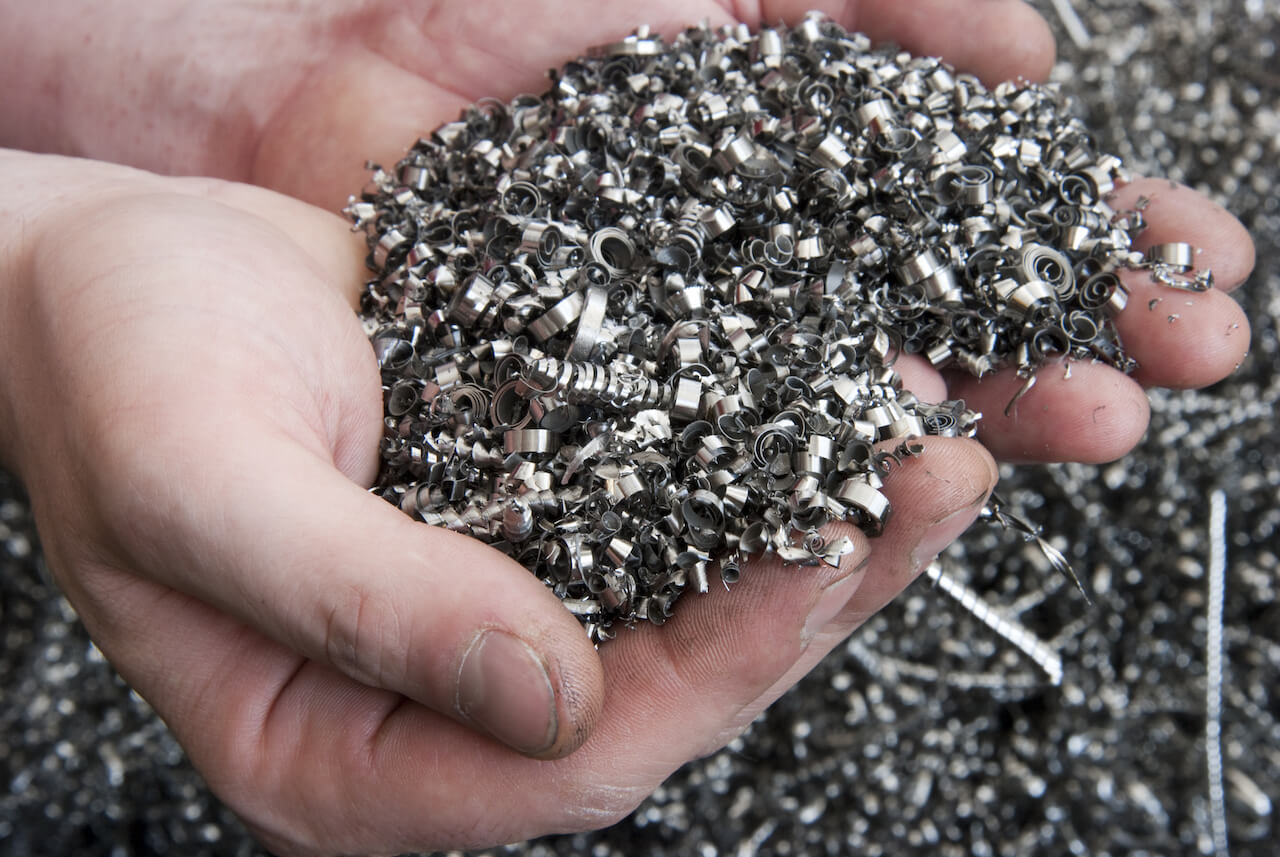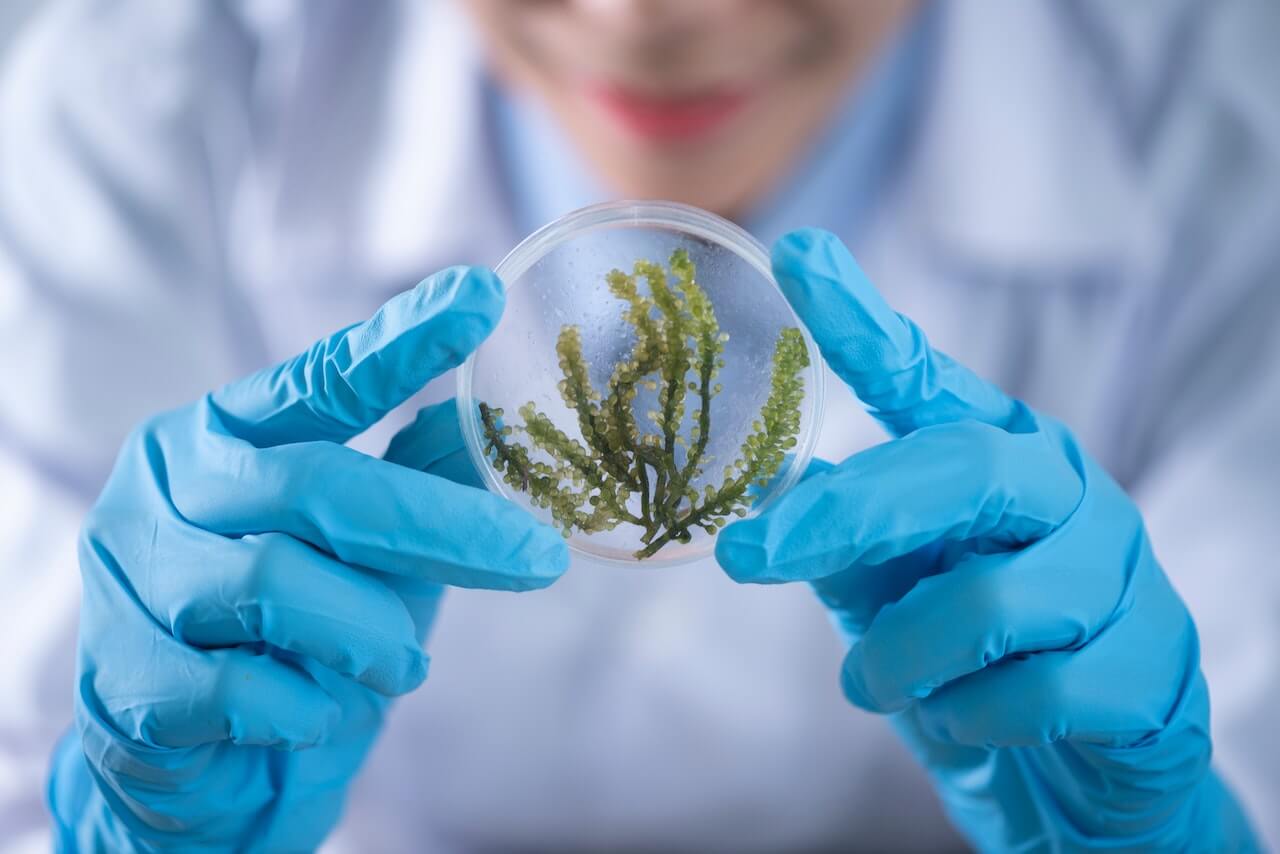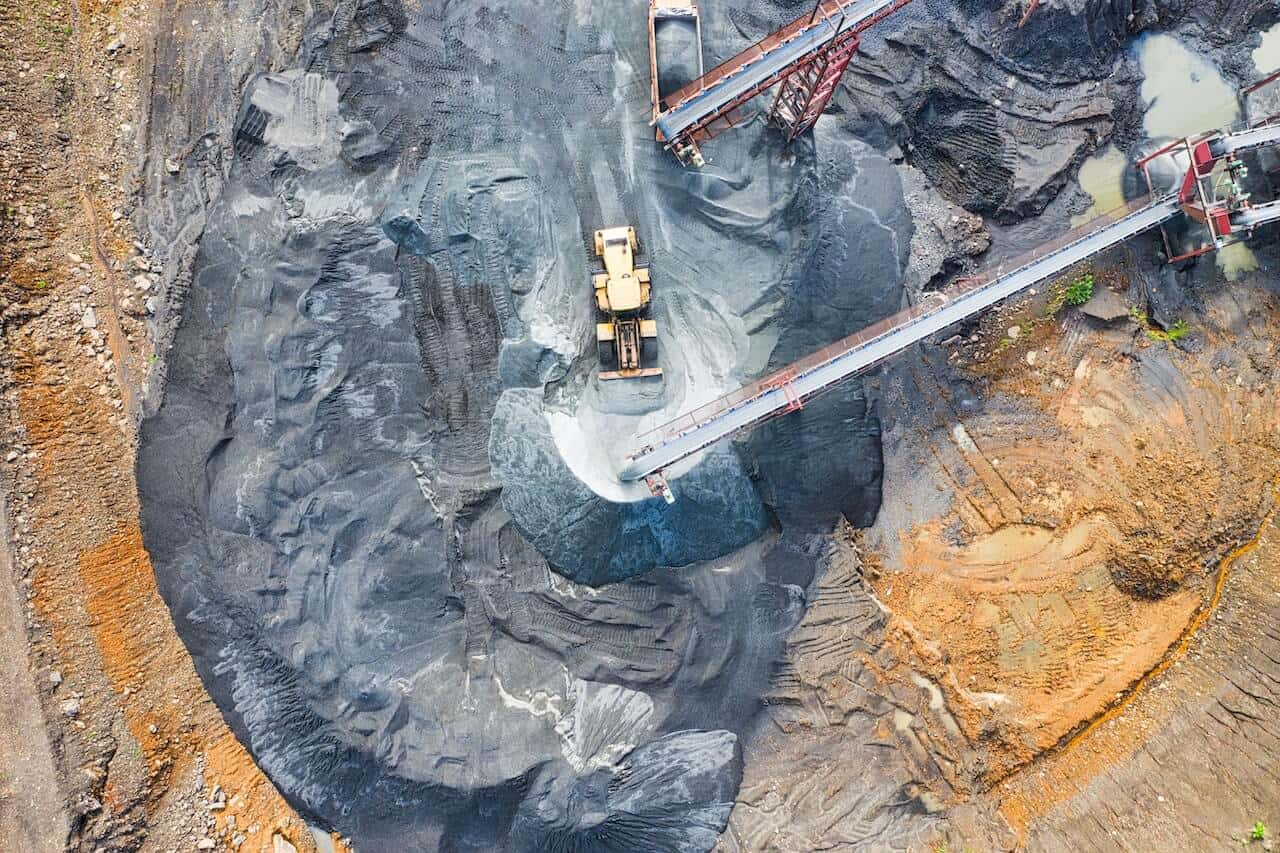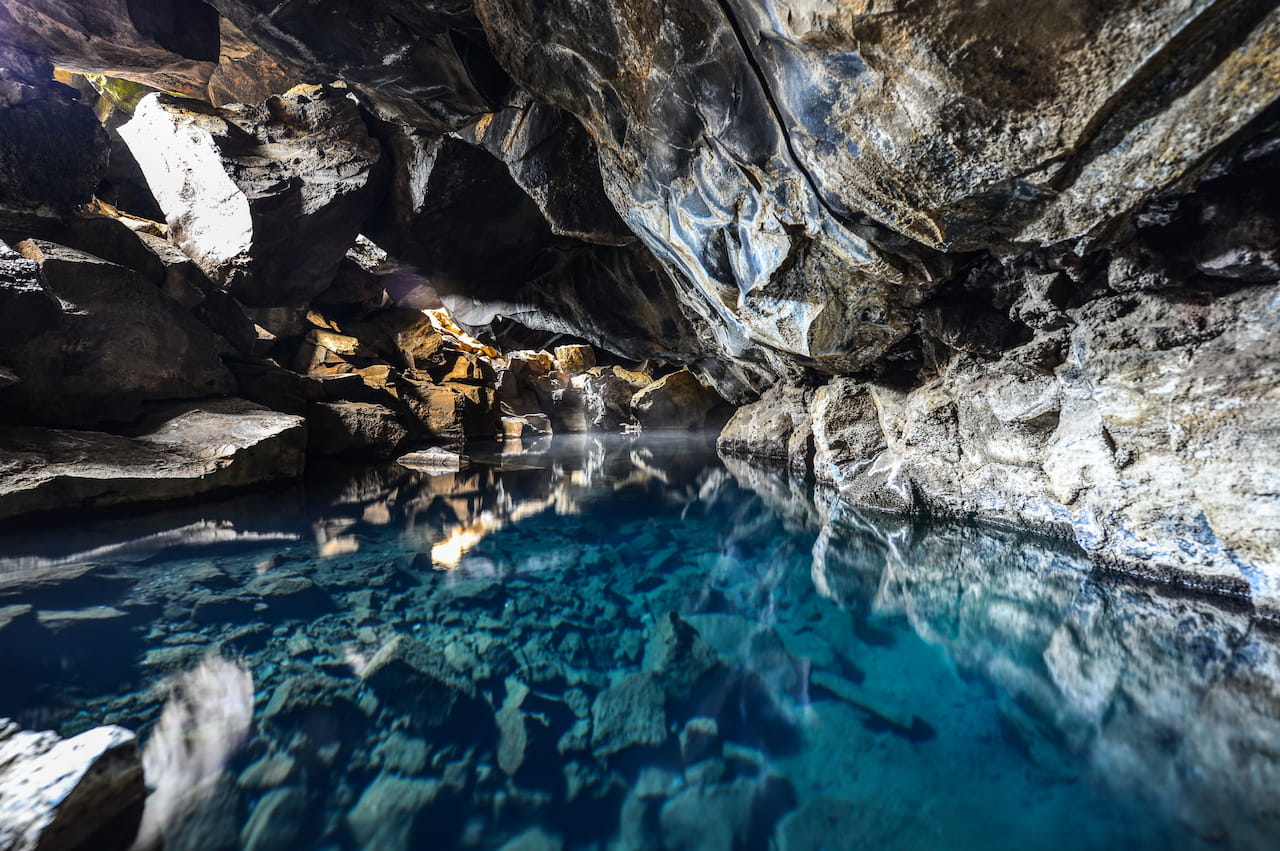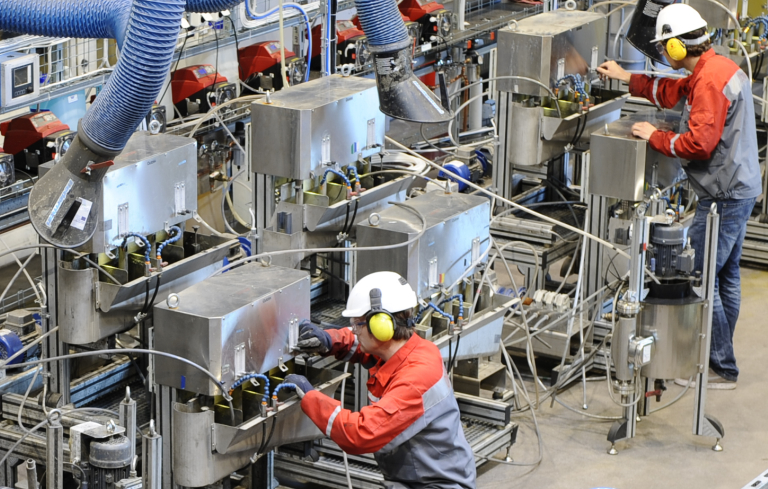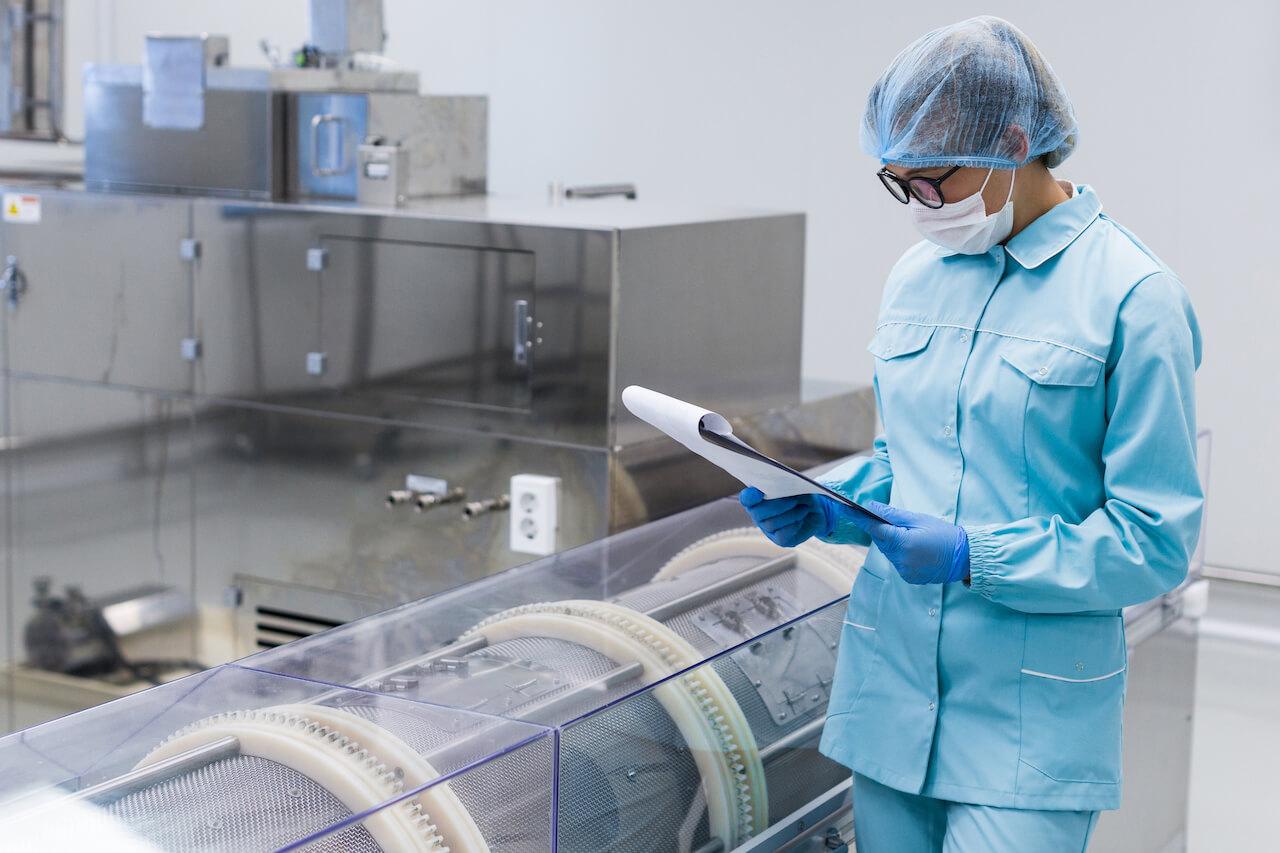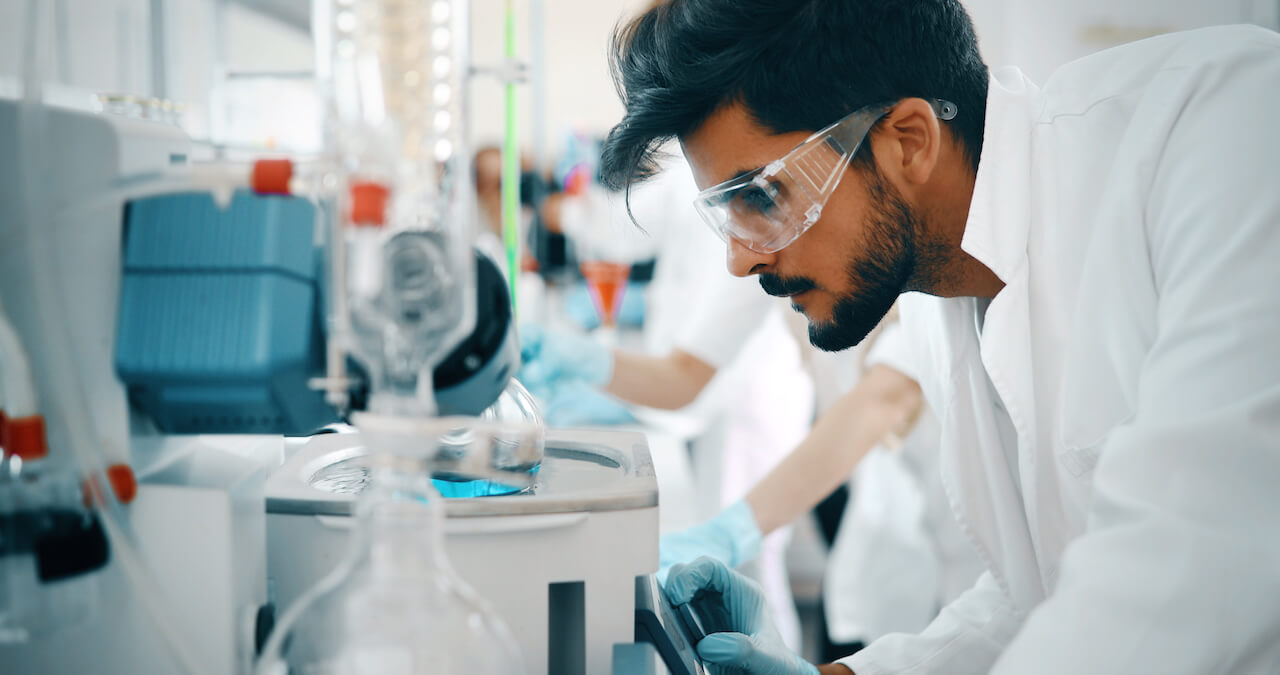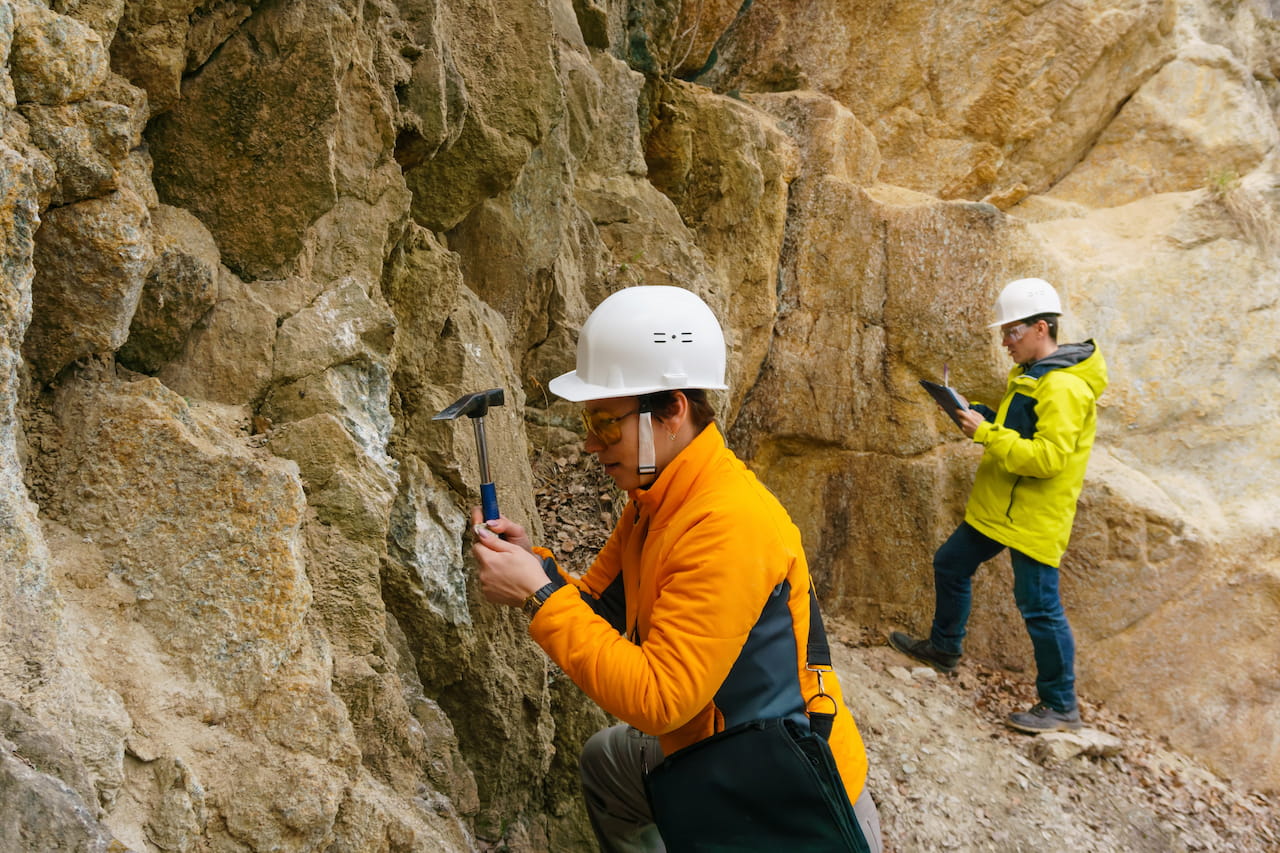
Mine your raw talent
Join an EIT-Labelled master programme and become a global game-changer.
Check out our programmes
Launch Your Career in Raw Materials
EIT RawMaterials Academy master’s programmes offer you:
-
The chance to develop and use your scientific knowledge to tackle sustainability challenges
-
Unique courses, training programmes and bootcamps on innovation and entrepreneurship
-
Access to the largest network in the raw materials sector, events and career opportunities
-
Financial support of 13,500 € or more for eligible students








